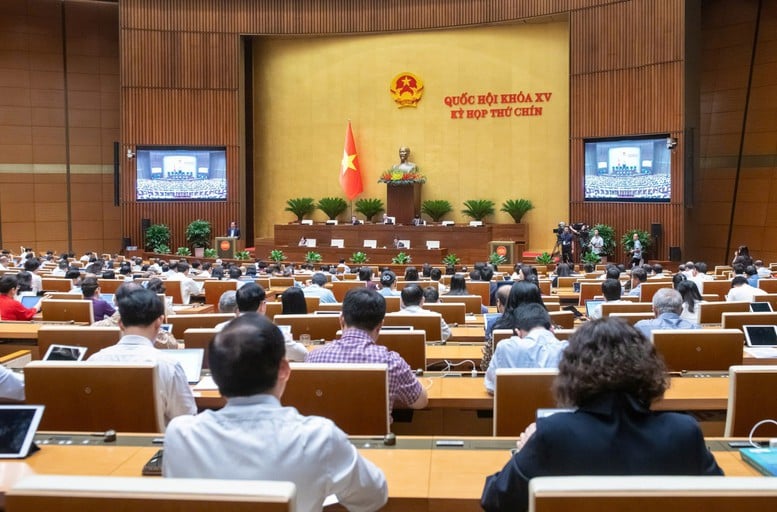
Discussion session at the National Assembly hall on the draft Law on Management and Investment of State Capital in Enterprises
The State is equal to other investors and does not directly interfere in the production and business activities of enterprises.
On May 13, at the end of the discussion session on the draft Law on Management and Investment of State Capital in Enterprises, Minister of Finance Nguyen Van Thang respectfully thanked the National Assembly deputies for their enthusiastic and responsible contributions and careful research on the draft Law on Management and Investment of State Capital in Enterprises.
The Minister emphasized that during the process of revising the draft, the drafting agency tried to absorb as much as possible and promptly update the opinions of the National Assembly deputies. Along with that, it updated and institutionalized the Party's viewpoints and policies, the State's laws and policies, and reviewed them to remove difficulties and obstacles in implementing the decisions of Law No. 69, ensuring consistency with reality and compliance with the provisions of the Law on Promulgation of Legal Documents.
In this draft Law, the State exercises rights, obligations and responsibilities corresponding to the capital ownership ratio in the enterprise, the State is equal to other investors, and does not directly intervene in the production and business activities of the enterprise. "This is a fundamental change in this revised Law," said Minister Nguyen Van Thang.
An important principle of the draft is to enhance the autonomy, self-responsibility and accountability of enterprises. Enterprises produce and do business according to the market mechanism, cooperate and compete equally according to the law; promote decentralization and delegation of authority to reduce procedures, meet the needs of enterprise management and development. Specific issues assigned to the Government for detailed regulations ensure flexibility in accordance with reality and social development fluctuations.
In particular, for enterprises in which the State holds 100% of the charter capital, the draft law has implemented a very strong decentralization for the Board of Members and the Chairman of the Company to be responsible for mobilizing capital to preserve and develop state capital in the enterprise.
Enterprises are proactive in issuing 5-year business strategies and annual business plans; deciding on investment, deciding on salary, remuneration and bonus policies; supplementing regulations on lending to subsidiaries and borrowing capital from subsidiaries; supplementing regulations on handling after-tax profits for expenses according to the provisions of specialized laws; costs of failed investments; costs of performing political tasks assigned by competent authorities according to the provisions of the Government.
In addition, increase the maximum deduction level for the enterprise development investment fund; complete regulations on the transfer of enterprise investment capital, leasing, mortgage hire-purchase, asset pledge, sale of fixed assets, and supplement regulations on the transfer of enterprise investment projects.
For enterprises in which the State holds more than 50% to less than 100% of charter capital, the draft law also decentralizes the State capital representative to proactively decide on many contents according to their authority; only reporting to the owner representative agency before participating in voting at the General Meeting of Shareholders, Board of Directors, and Board of Members for some important contents.
In addition to expanding decentralization, delegation of authority, and autonomy for representatives of State capital participating in this enterprise, the Minister also clearly stated that the duties of the representatives of capital participating in the Board of Members will also be extremely heavy, with specific regulations in the Government's Decree.
Specifically, every year the State will assign planning targets, on that basis there will be rewards and sanctions if the tasks are not completed. All of these are weighed and measured by specific numbers.
“There must be a measure to evaluate. There must be efficiency, but how efficient is it compared to bank interest rates, compared to the efficiency of businesses operating in the same industry or field, not just making a profit means achievement,” said Minister Nguyen Van Thang.
The Minister also emphasized the management of enterprises in which the state participates in less than 50% of capital, as well as the role of the State Capital Investment Corporation (SCIC).
According to the Minister, it must be determined that in cases where the State contributes less than 50% of capital, the State's role is only that of investment to seek profits. All enterprises in which the State participates less than 50% must be monitored and evaluated through representatives. If it is effective, it is ready to continue contributing capital. If there is no opportunity for development, it must divest.
Currently, many countries have state-owned corporations that invest capital in businesses and are successful. For example, Singapore's Temasek Corporation participates in many corporations and businesses that are currently investing in many industrial parks and large enterprises in Vietnam. Most of Singapore's large enterprises that operate effectively in Vietnam have capital from Temasek, bringing huge benefits to the government.
“If we consider investing in effective sectors and fields, it will be very favorable. This is also what we need to do to increase budget revenue together with state-owned enterprises,” said Minister Nguyen Van Thang.
Receiving the opinions of National Assembly deputies, Chairman of the National Assembly's Economic and Financial Committee Phan Van Mai said that the National Assembly Standing Committee has directed the review and adjustment of regulations on enterprise assessment and classification. Enterprise assessment is based on the overall performance of the enterprise, taking into account the implementation of political, defense, security tasks, non-profit tasks, testing of new technologies, new business models and the impact of objective factors.
The draft Law also stipulates that enterprises perform social security tasks, which is the content to evaluate the level of completion of enterprises in performing tasks assigned by the State and social responsibilities...
Hai Lien
Source: https://baochinhphu.vn/nha-nuoc-khong-can-thiep-truc-tiep-vao-hoat-dong-cua-doanh-nghiep-10225051316215613.htm





![[Photo] Prime Minister Pham Minh Chinh chairs a meeting on the implementation of the Lao Cai-Hanoi-Hai Phong railway project.](https://vphoto.vietnam.vn/thumb/1200x675/vietnam/resource/IMAGE/2025/5/20/0fa4c9864f63456ebc0eb504c09c7e26)




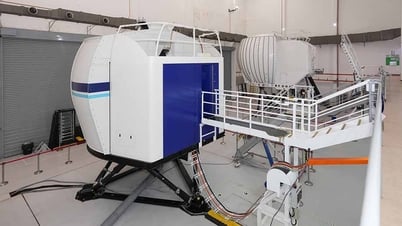

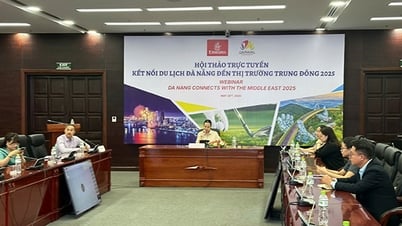
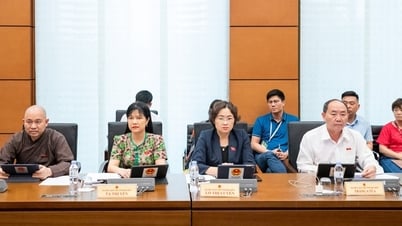









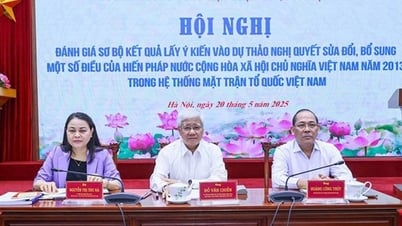


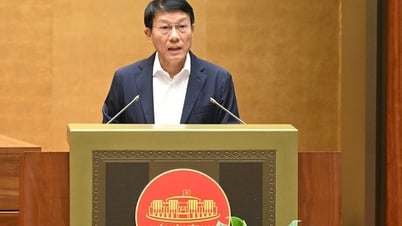





















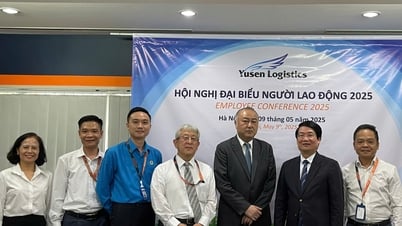









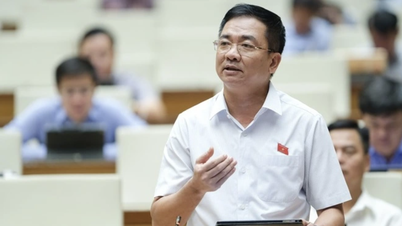


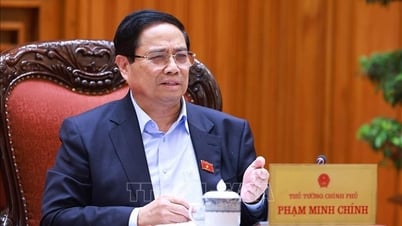


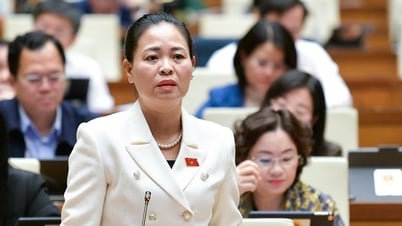



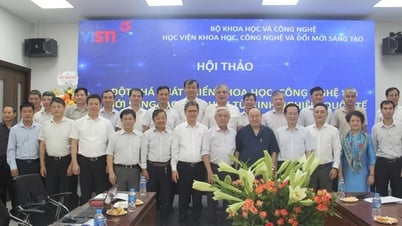
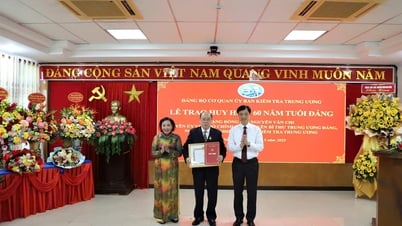






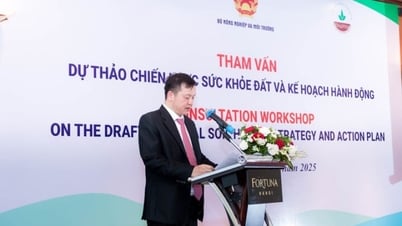



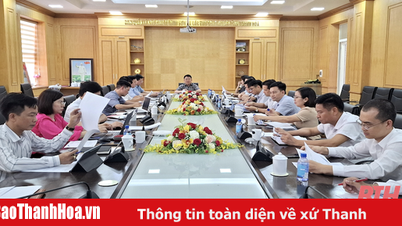
















Comment (0)